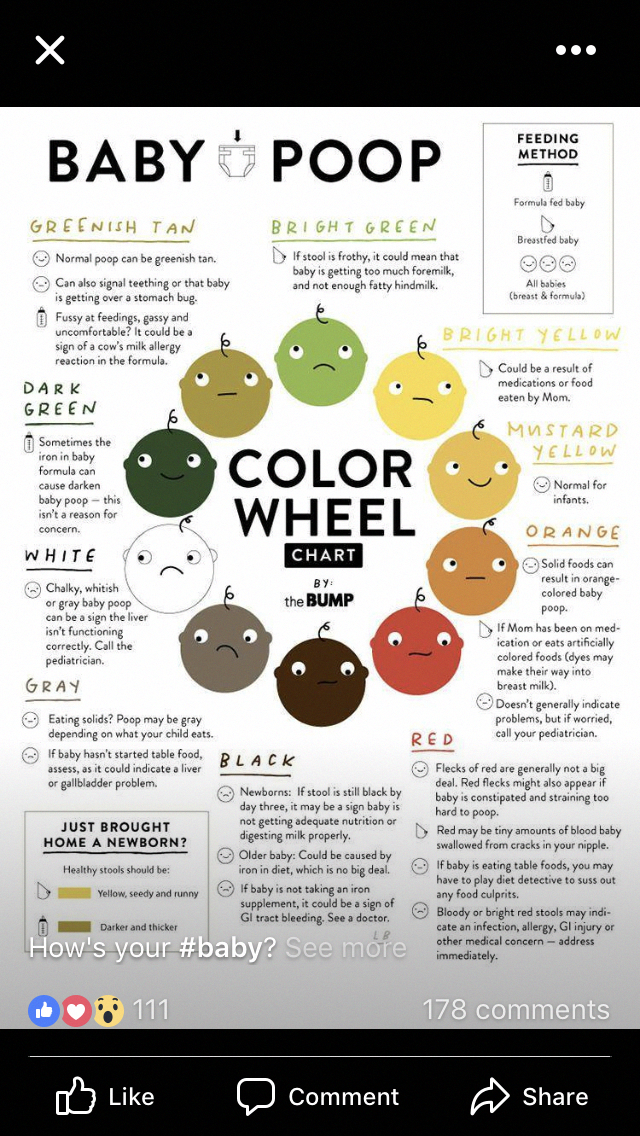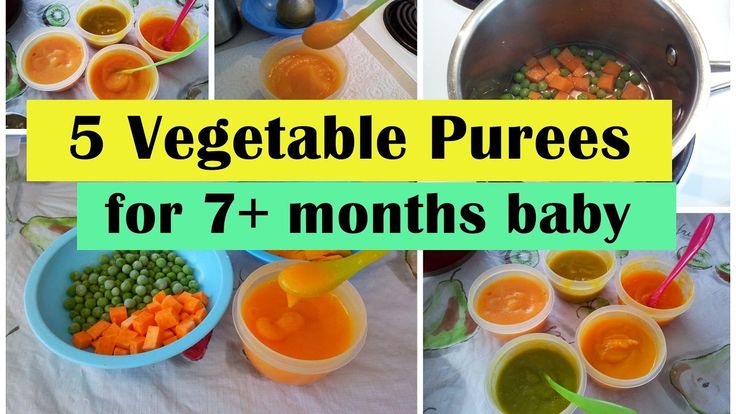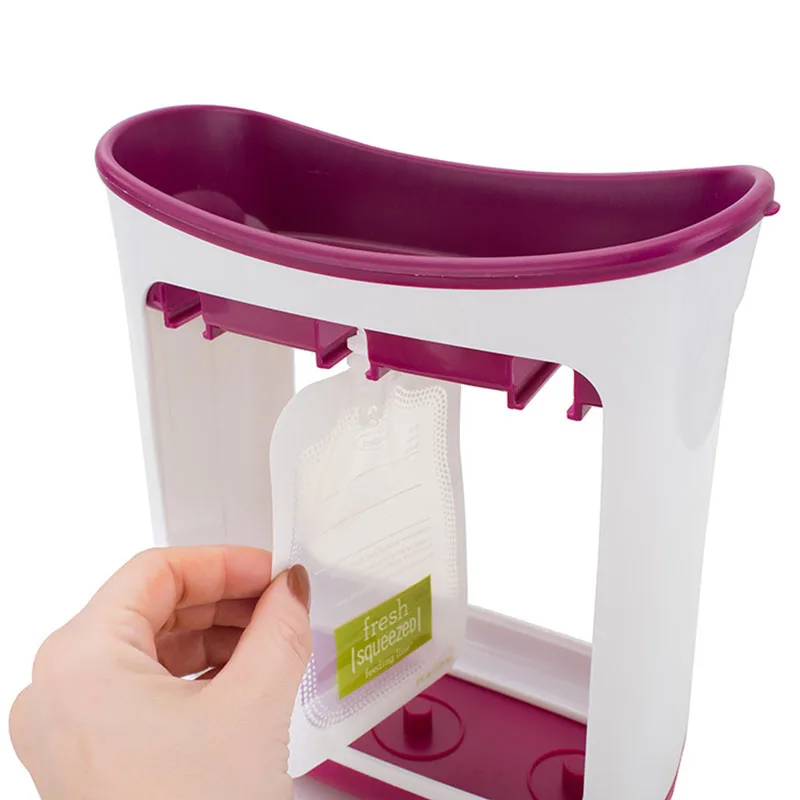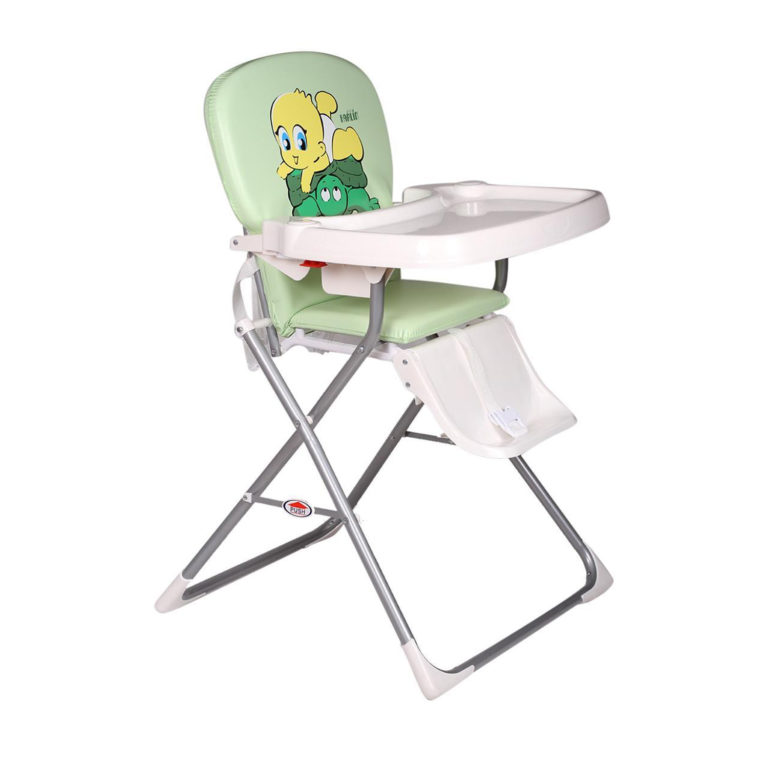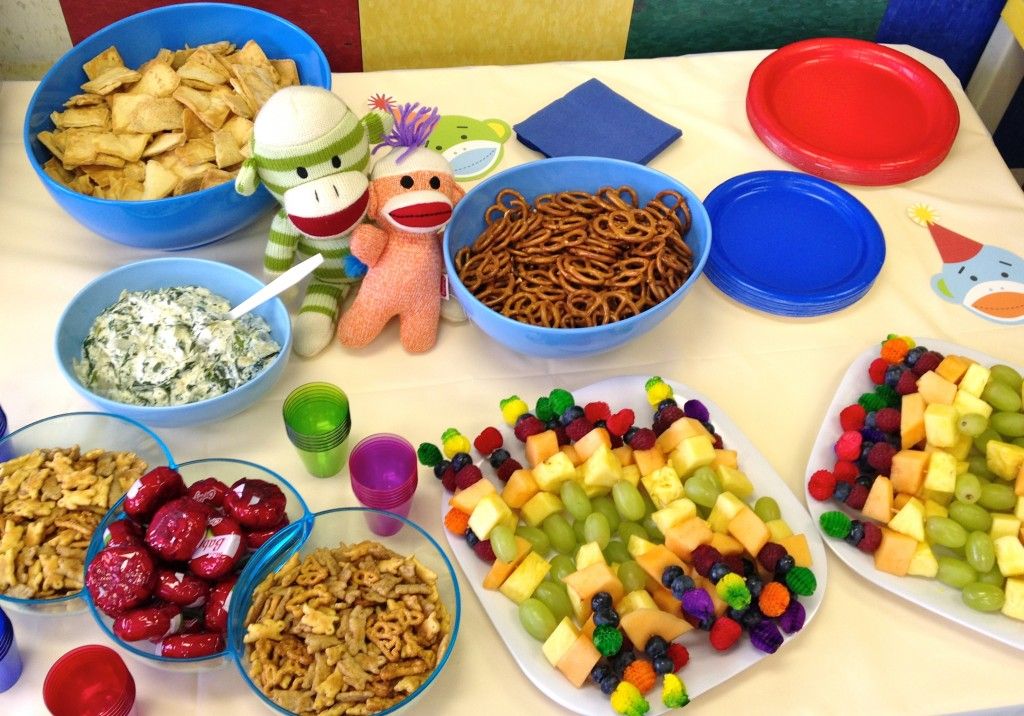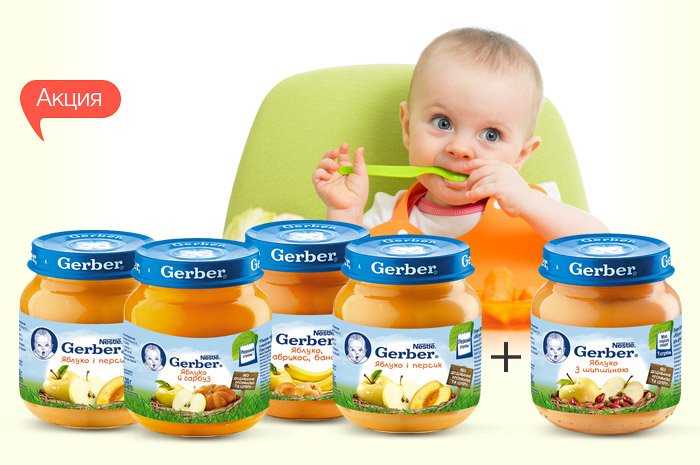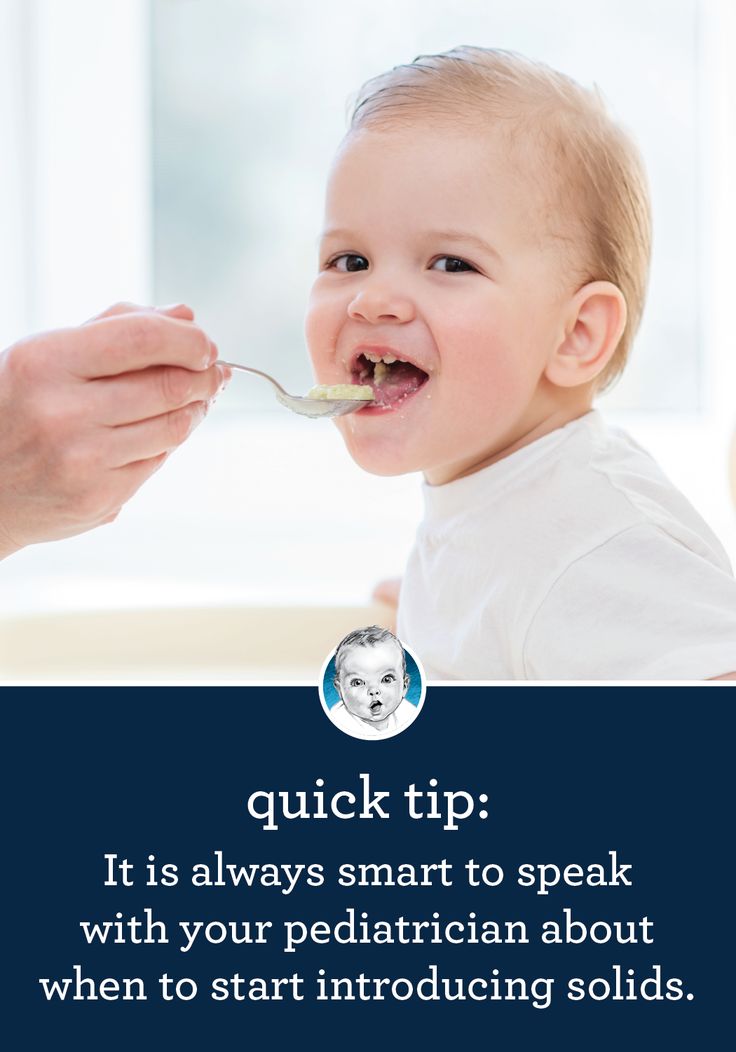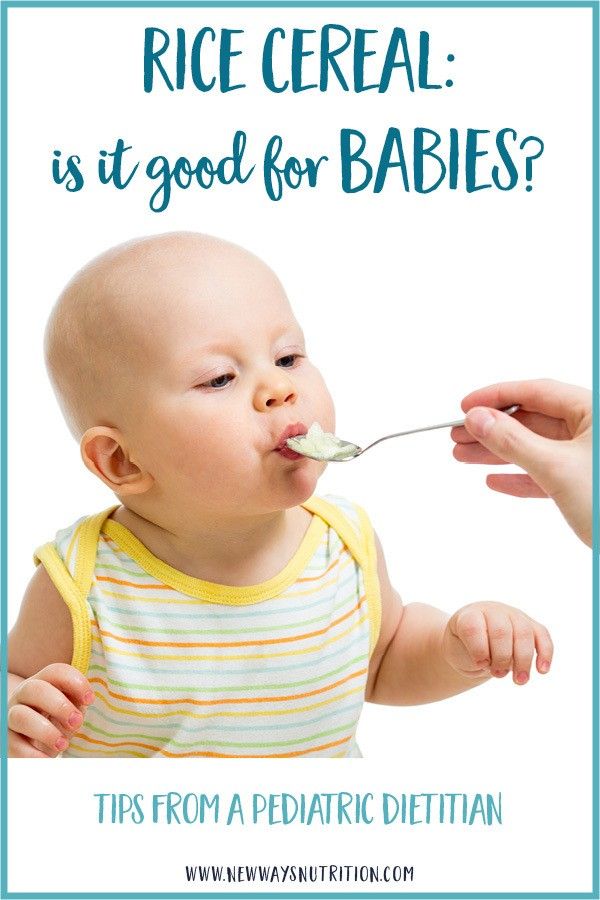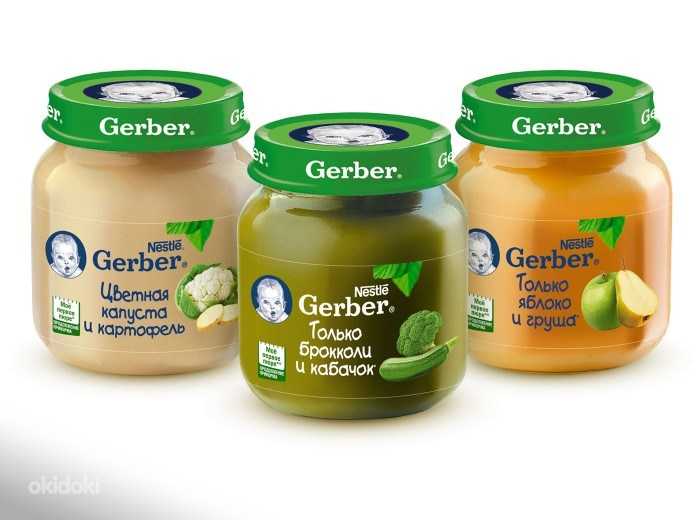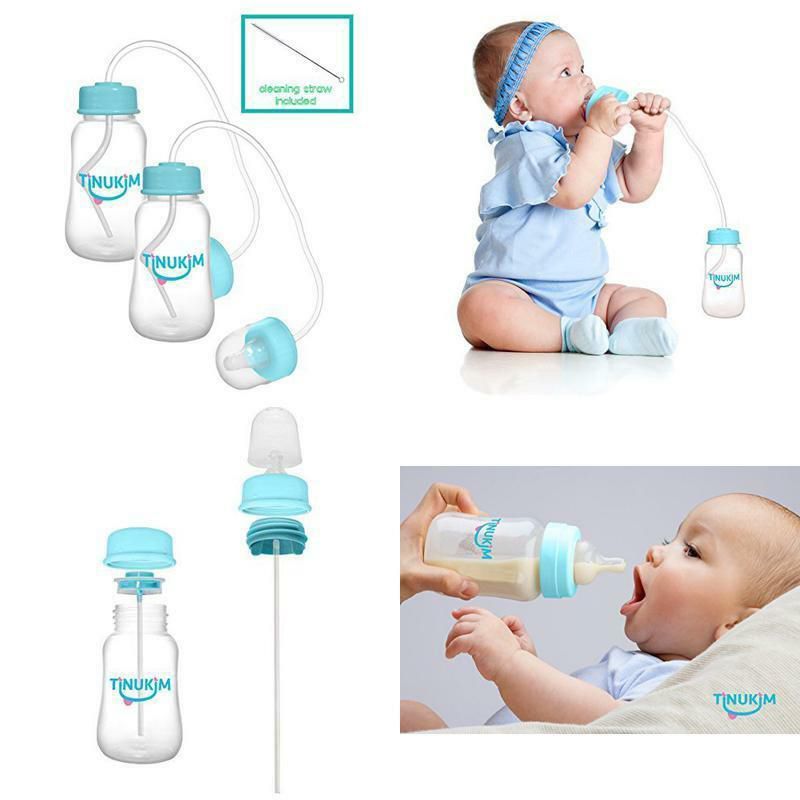When can you stop feeding your baby formula
When Do Babies Stop Drinking Formula?
When do babies stop drinking formula? This is a question every parent of a formula-fed baby asks themselves, as there will come a time when your little one is ready to make the big switch to milk. Would you like to know how long babies drink formula and how to transition from formula to milk? We’ve got you covered with all the answers to these common questions and more!
How Long Do Babies Drink Formula?
So, at what age do babies stop drinking formula? The general rule of thumb is to start transitioning from formula to cow’s milk at 1 year, but not anytime sooner. During the first year of life, babies experience rapid growth and development and require nutrient-rich breast milk or formula to supply what’s necessary and essential to support their development. Though nutritious, cow’s milk can’t be digested by babies younger than 1.
How to Transition From Formula to Milk
Switching from formula to milk is fairly straightforward—you simply swap the two! This is because formula and milk are nutritionally similar. Of all the formulas sold in the United States, 8 out of 10 are cow’s milk-based formulas.
Manufacturers make formula digestible and adequately nutritious for newborns by treating and fortifying it. And since babies can start drinking milk only when their digestive systems are ready, formula will get them through that first year. By the time your little one is 12 months, they’ll be ready to enjoy nutritious cow’s milk!
To learn more about how your little one will develop through the years, check out our baby growth calculator below!
Introducing Solids: 6 Months
Prior to the transition from formula to milk, you’ll expand your baby’s menu by incorporating a few solid foods into their diet, usually when your little one is about 6 months old. This will help your child (and their digestive system) get used to trying new flavors. Here’s what to do at 6 to 12 months, before you begin switching from formula to milk:
Introduce solid foods.
 At about 6 months, you can start introducing baby-friendly solid foods to your little one. The nutrients in these soft, small foods will balance nicely with those found in formula.
At about 6 months, you can start introducing baby-friendly solid foods to your little one. The nutrients in these soft, small foods will balance nicely with those found in formula.
Pair solids with formula. From 8 to 12 months, babies need just 22 to 32 ounces of formula each day. The rest of your little one’s diet will consist of solid foods.
As your baby gets used to this new smorgasbord of foods, you can simply swap the formula for milk. It doesn’t have to be a gradual process unless that better fits your little one’s needs.
Making the Transition: 12 Months
At 12 months, your baby is ready to make the full switch to milk. However, as your little one starts drinking milk, you may notice a few changes in feeding behavior. Here are a couple of things to keep in mind:
A reduced appetite is normal. As your baby develops, their rate of growth starts to slow down, and you may notice a reduced appetite.
 This is totally normal, and at 1 year, your little one really only needs about 1,000 calories a day to support their development.
This is totally normal, and at 1 year, your little one really only needs about 1,000 calories a day to support their development.
It’s OK to be picky about food. Maybe your toddler won’t want to eat all the food on their plate, and that’s OK! What’s more important is consuming nutrient-dense milk and letting your baby lead the way by experimenting with other flavors in solid foods.
Adding one-half to one cup of whole or 2 percent milk to each meal or snack will do the trick. In total, aim for about three cups of milk each day.
And it’s really that simple! Your baby may even prefer the taste of cow’s milk to formula. The challenge in getting your toddler to eat is less about how to transition from formula to milk and more about your little one becoming accustomed to and enjoying a varied diet of solid foods. Read more about your baby’s first solid food and how to introduce solids into your little one’s feeding schedule.
Alternatives to Cow’s Milk
There are a few reasons you might choose an alternative to cow’s milk as you start transitioning from formula to milk.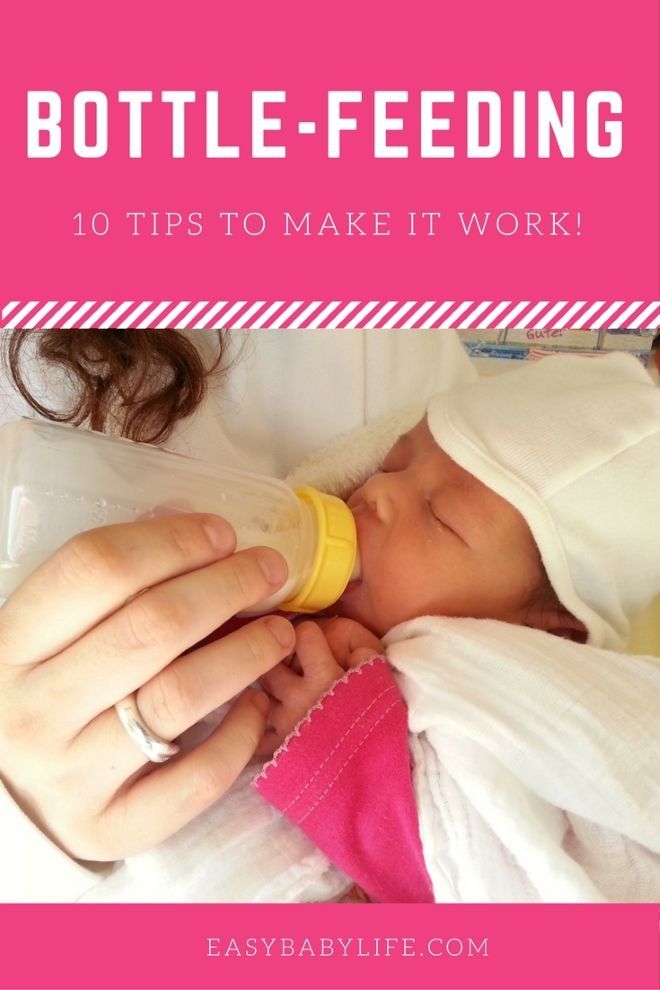 Some babies may have lactose intolerance or a milk allergy. Perhaps your little one simply doesn’t like the taste, or maybe your family prefers to avoid animal products.
A fortified, unsweetened soy milk is often recommended as a substitute for cow’s milk. There are other plant-based options that may or may not contain the right amount of protein and vitamins to support healthy growth.
If you’d like to use an alternative to cow’s milk, consult your healthcare provider to make sure your baby is getting the nutrients they need.
Some babies may have lactose intolerance or a milk allergy. Perhaps your little one simply doesn’t like the taste, or maybe your family prefers to avoid animal products.
A fortified, unsweetened soy milk is often recommended as a substitute for cow’s milk. There are other plant-based options that may or may not contain the right amount of protein and vitamins to support healthy growth.
If you’d like to use an alternative to cow’s milk, consult your healthcare provider to make sure your baby is getting the nutrients they need.
How to Start Weaning Your Baby Off Formula
Luckily, the process of transitioning from formula to milk is fairly simple. However, there are a few tips to make the switch as smooth as possible as you wean your baby off formula.
Weaning typically refers to the gradual transitioning from breast feeding to bottle feeding; in this case, it can also refer to preparing your baby to switch from formula to milk.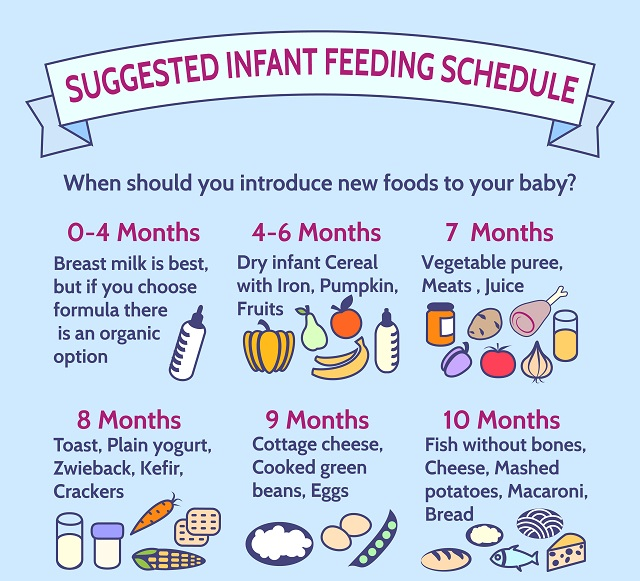 Although you can simply swap formula for milk, here are a few things you can do to get ready for the big change!
Although you can simply swap formula for milk, here are a few things you can do to get ready for the big change!
Diversify flavors. The first step is to use solid foods to diversify flavors and get your baby used to eating new foods. As mentioned above, this can typically start at about 6 months.
Practice hand coordination. As your baby starts to eat solids, let them use a spoon independently. This will help your little one build coordination and fine motor skills for eating on their own and using a cup when drinking milk.
Transition to a cup. Many parents wonder when a baby should stop using a bottle. You can introduce a cup once your baby has the necessary coordination and hand skills, which could be as early as 6 months. After practicing eating with fingers and a spoon, your baby may be ready to completely self-feed and drink from a cup at around 1 year.
Start gradually by letting your baby hold a cup and get a feel for it.
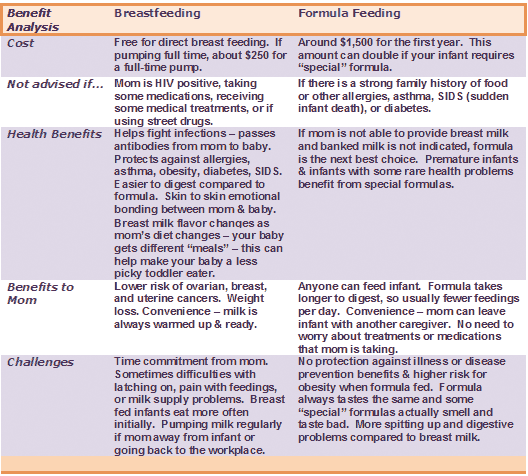 Then put a little formula in it and show them how to tip it back and sip. Use a baby-friendly sippy cup to help avoid spills and dribbles!
Then put a little formula in it and show them how to tip it back and sip. Use a baby-friendly sippy cup to help avoid spills and dribbles!
Once your baby has the hang of it, change one bottle feeding to a cup each day and work your way up. Eventually, you can swap every bottle for a cup.
Every child is different, and your baby may not want to drink from a cup right away. Be patient, as your little one may need 6 months or more to make the full transition.
Transitioning Gradually From Formula to Milk
Some babies need a little more time to make the switch from formula to milk, and that’s OK! Simply introduce milk little by little. Be patient and know that your toddler is on the right path. In the end, what’s most important is offering your little one food with a variety of nutrients, flavors, and textures throughout the week. No need to worry if you have a picky eater on your hands. Within an entire week—believe it or not—it usually works out, and even the pickiest eaters will most likely get the nutrients they need!
When Do Toddlers Stop Drinking Milk?
Once you’ve made the switch, and your little one is drinking milk every day, the next question on your mind could be: when do toddlers stop drinking milk?
This common question has a complex answer.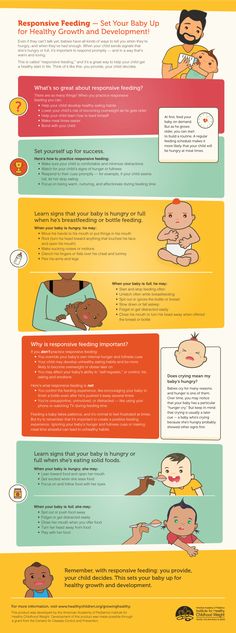 Milk is an important source of fats, protein, calcium, and vitamins A and D, and children of any age as well as adults can continue to drink it for the rest of their lives if they wish. However, lactose intolerance can appear later in life, typically in older children and adults. So, just watch for signs of digestive discomfort and talk to your healthcare provider if you suspect an intolerance or allergy to milk.
During the stage when your child is drinking milk, it’s helpful to know how much of it a toddler typically needs:
Milk is an important source of fats, protein, calcium, and vitamins A and D, and children of any age as well as adults can continue to drink it for the rest of their lives if they wish. However, lactose intolerance can appear later in life, typically in older children and adults. So, just watch for signs of digestive discomfort and talk to your healthcare provider if you suspect an intolerance or allergy to milk.
During the stage when your child is drinking milk, it’s helpful to know how much of it a toddler typically needs:
12-24 Months: Three cups per day.
24+ Months: Two cups per day.
At 24 months, your child is getting important nutrients from other sources, like solids. So, you can lower the amount of milk they consume.
The Bottom Line
So, when do babies stop drinking formula? The answer is surprisingly simple! At about 12 months, your baby’s digestive system is ready to start processing nutrient-rich cow’s milk.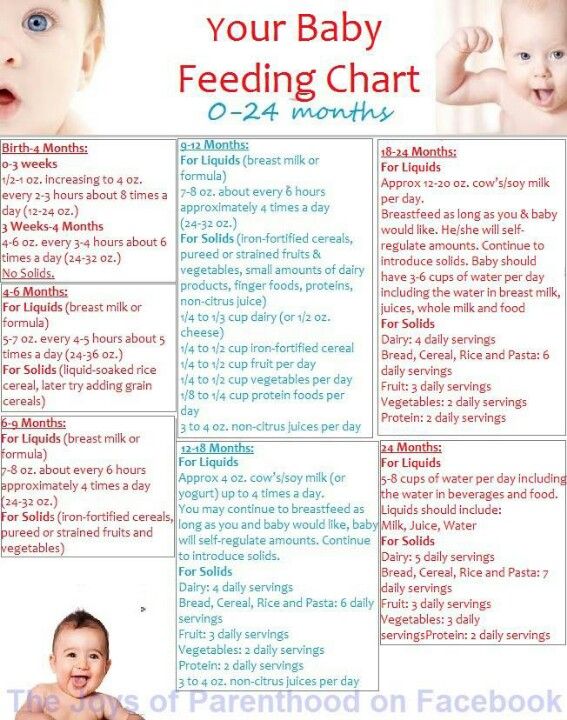 And transitioning from formula to milk is even easier—just swap it!
And transitioning from formula to milk is even easier—just swap it!
Before you make the transition, you can introduce new flavors via solid foods to your little one at around 6 months. And once your baby develops coordination and hand skills, start the gradual move to a sippy cup. This will all help ease the process of switching from formula to milk.
Read more about baby development milestones as your little one grows from a bottle-loving newborn to a self-feeding toddler!
When Your Baby Should Stop Drinking Formula – Cleveland Clinic
Make the formula. Feed your cutie. Wash, rinse, repeat. For parents of babies who drink formula, you’ve been doing this dance several times a day (and night) for what seems like forever. But could the end finally be in sight? When do babies stop drinking formula?
“A healthy baby should drink breast milk or formula until they are 1 year old. Formulas are fortified with vitamins and iron, which they need,” says pediatrician Radhai Prabhakaran, MD.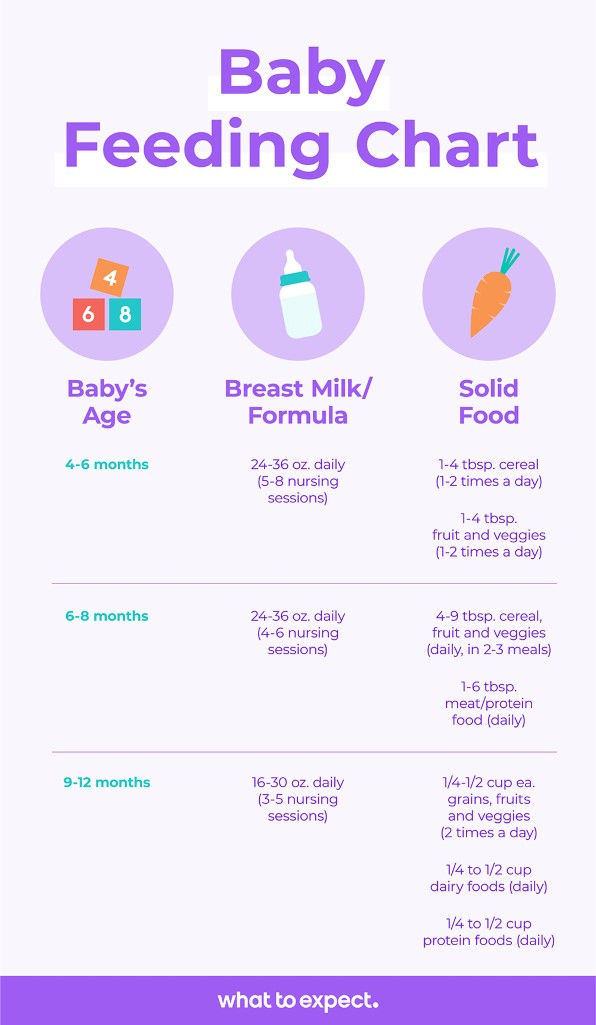 “Generally, babies should have at least 24 ounces per day between the ages of 9 months to 1 year. But once your baby starts eating a full diet of nutritious solid foods, make the switch to cow’s milk, which offers protein and vitamin D.”
“Generally, babies should have at least 24 ounces per day between the ages of 9 months to 1 year. But once your baby starts eating a full diet of nutritious solid foods, make the switch to cow’s milk, which offers protein and vitamin D.”
Signs your baby is ready to wean off formula
Whether babies are ready to hop aboard the milk express depends on their taste for table food. “Some babies settle into a mostly solid food diet early (between 9 and 12 months) because they like it, and it agrees with them. If they’re eating a nutritionally balanced diet, then it’s OK to wean your baby off formula earlier than 1 year old.”
A healthy solid food diet for a baby should include:
- Fruits.
- Grains.
- Protein from meat, eggs or cooked beans.
- Vegetables.
“Gradually reduce the amount of formula they drink as they eat more. Continue to offer it to drink because sometimes babies aren’t full after eating solid foods,” notes Dr. Prabhakaran. “But wait until they are 1 to introduce cow’s milk, even if they wean earlier. ”
”
Signs your baby is NOT ready to wean off formula
Your baby should continue with formula if they:
- Are not gaining weight.
- Were born prematurely.
- Haven’t established a balanced diet of solid foods.
- Need to continue with formula based on their doctor’s recommendation. (For example, if your baby has food allergies or problems digesting food or absorbing nutrients.)
Health conditions that affect how long babies drink formula
Certain underlying health conditions may affect how long your baby needs to drink formula. Babies may need to stay on formula longer if they have:
- Kidney problems.
- Liver problems.
- Metabolic condition like phenylketonuria (PKU).
“And if your doctor has already told you that your baby might need to go on a special diet, talk to them before weaning your baby off formula,” adds Dr. Prabhakaran. “They can help you put a nutrition plan in place that will make the transition safer.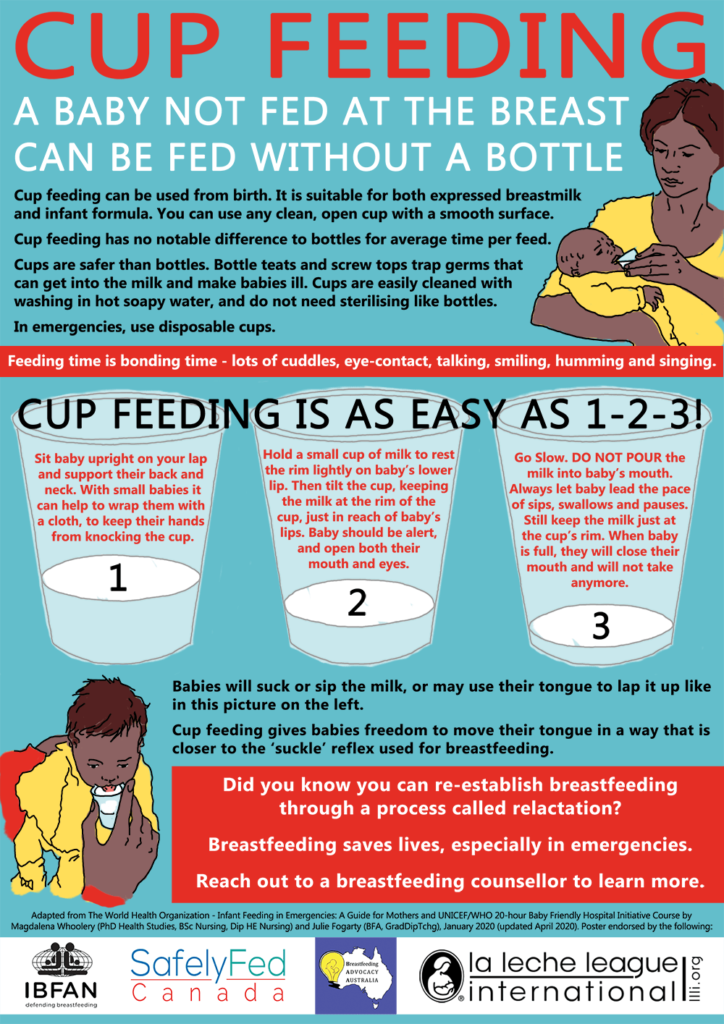 ”
”
Advertising Policy
How to wean your baby off formula
If your baby likes the taste of cow’s milk:
- Start giving them a 2- to 4- ounce serving of milk for every two or three servings of formula.
- Over the next week to 10 days, increase the milk servings as you decrease the servings of formula.
- Stop giving formula once they are drinking the milk with no issues.
If your baby prefers the taste of formula:
- Make the formula as you usually do. Don’t add cow’s milk to the formula powder.
- Mix 2 ounces of prepared formula and 2 ounces of cow’s milk so you have a 4-ounce drink for your baby.
- Feed your baby the mixture.
- Over the next week to 10 days, add more milk and less formula to the mixture until it’s all cow’s milk.
Bottle or cup?
Get ready to say goodbye to the bottle. Dr. Prabhakaran says drinking from a bottle is a no-no after age 1. “Bottle feeding can affect teeth growth and cause cavities.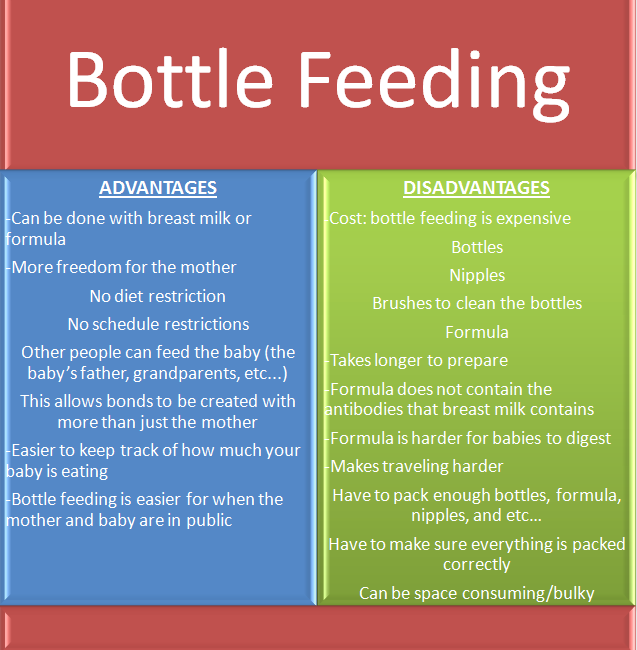 ”
”
Instead, transition your little one to a sippy, straw or regular cup at around 9 months of age. “If you’re feeling adventurous, wean them off formula and the bottle at the same time.”
Does my baby still need formula during night wakings?
Dr. Prabhakaran notes that most babies this age don’t need to eat when they wake up at night. “Generally, once babies double their birth weight (which happens at around 4 to 6 months) and are regularly eating solids, they don’t need the extra calories and can sleep through the night. So encourage them to keep sleeping.”
Babies at this age also have most of their baby teeth, so drinking milk or formula at night can lead to dental issues. Nighttime feeding can also make them too full to eat what they need during the day.
But as always, there are exceptions. “If your baby’s not gaining weight, your doctor may give you different advice. Breastfed babies may also take a bit longer because breast milk digests faster.”
When to pump the brakes on weaning off formula
Dr.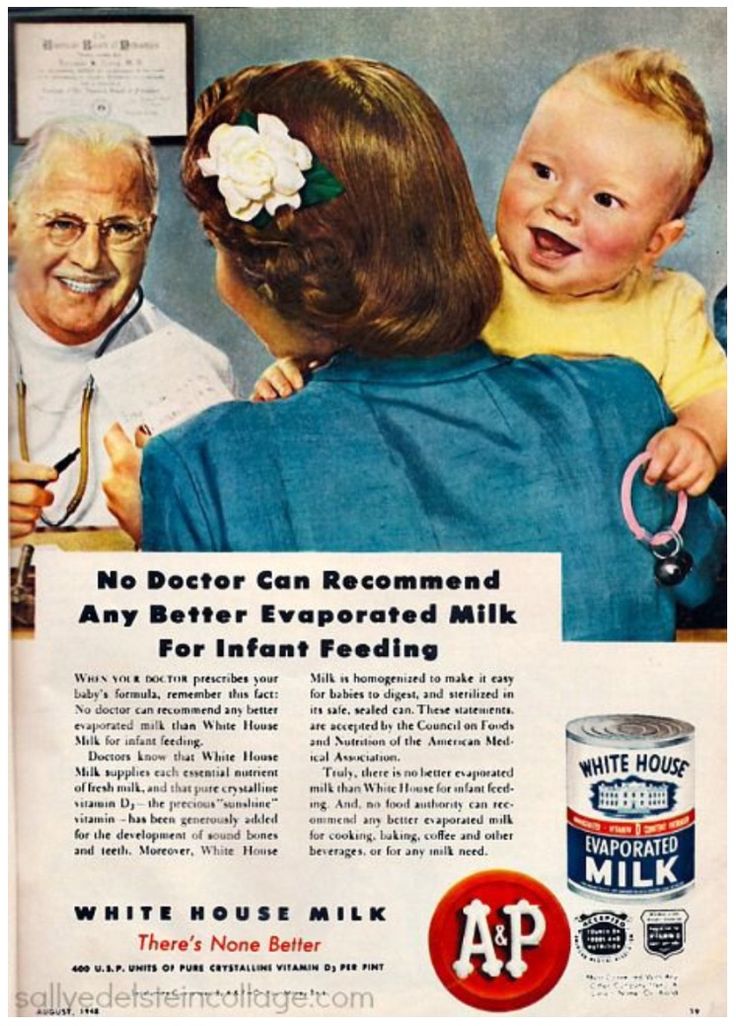 Prabhakaran says to take the transition to cow’s milk even slower if babies start drinking milk and experience:
Prabhakaran says to take the transition to cow’s milk even slower if babies start drinking milk and experience:
- Dramatic change in their stools.
- Stuffiness.
If these symptoms stick around or get worse, talk to your baby’s pediatrician about a potential milk allergy. If needed, your doctor can recommend safe milk alternatives for toddlers.
Advertising Policy
Signs your baby may not be able to tolerate cow’s milk include:
- Constipation.
- Diarrhea.
- Rash.
- Vomiting.
What is the best milk for a 1 year old?
Experts consider whole cow’s milk the best milk for 1 year olds after they wean off formula. “The general rule is whole milk until they’re 2 years old unless there are specific circumstances,” says Dr. Prabhakaran.
Your doctor may recommend 2% milk instead if your baby:
- Is heavy for their size.
- Drinks more than the recommended amount of milk (16 to 24 ounces a day or 2 to 3 cups).

- Is constipated.
Unsweetened soy milk tends to be among the best cow’s milk alternatives for toddlers because it has a similar amount of protein. But soy milk is lower in calories — which babies need to thrive — than whole milk. Unsweetened rice milk’s calorie count is a bit higher, but it contains less protein and more added sugar.
The best way to decide, says Dr. Prabhakaran, is to look at your child’s overall diet. “There are so many milk alternatives, and babies’ diets vary so much. It’s impossible to have a blanket rule for what’s OK. Some kids may eat a lot of yogurt and cheese. Some babies are vegan. So talk to your baby’s doctor about the best alternative to help your child with specific deficiencies and their overall nutrition.”
Up to what age to feed the baby at night and how to replace formula
Baby formula is only a forced measure to replace mother's milk in the absence of sufficient lactation or underweight in the baby.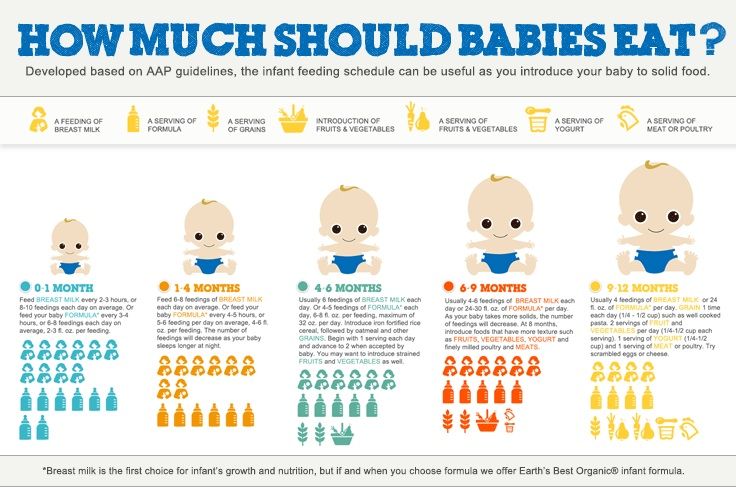 In all other respects, the infant formula feeding algorithm remains the same as with breastfeeding. The baby also needs nightly feedings about every 3-4 hours. This is due to scientifically proven facts. Babies up to a year old have an accelerated metabolism, food is digested faster, and naturally, they experience hunger at night. Also, any anxiety of the baby at night forces him to demand his mother's participation, and of course - food as a sedative. There is even a theory that children are genetically woken up to eat to avoid "Sudden Infant Death Syndrome" in their sleep. nine0003
In all other respects, the infant formula feeding algorithm remains the same as with breastfeeding. The baby also needs nightly feedings about every 3-4 hours. This is due to scientifically proven facts. Babies up to a year old have an accelerated metabolism, food is digested faster, and naturally, they experience hunger at night. Also, any anxiety of the baby at night forces him to demand his mother's participation, and of course - food as a sedative. There is even a theory that children are genetically woken up to eat to avoid "Sudden Infant Death Syndrome" in their sleep. nine0003
But also can't it continue indefinitely? The child grows, develops actively, from the age of 6 months receives a variety of complementary foods, and over time should form a normal daily routine. And for this you need to figure out: how to wean a child at night to eat the mixture in the most gentle ways.
Up to what age to give the mixture at night
Experts differ on this issue, but the average age when you can do without night feedings is nevertheless deduced. Infants with normal development can sleep peacefully at night without formula 10-12 hours from 9-12 months. Of course, if parents do not consider it necessary to restrict their child in nutrition, they can safely continue to feed their child at night and beyond. But they must be aware that, firstly, over time, these periods of eating become just a habit for the baby. And secondly, mothers should also think about their own well-being after sleepless nights. So, the approximate age of weaning a child from night feedings has been determined, it remains to find out how to replace the mixture for the night after a year for the first time of the transition to a new regimen. nine0003
Infants with normal development can sleep peacefully at night without formula 10-12 hours from 9-12 months. Of course, if parents do not consider it necessary to restrict their child in nutrition, they can safely continue to feed their child at night and beyond. But they must be aware that, firstly, over time, these periods of eating become just a habit for the baby. And secondly, mothers should also think about their own well-being after sleepless nights. So, the approximate age of weaning a child from night feedings has been determined, it remains to find out how to replace the mixture for the night after a year for the first time of the transition to a new regimen. nine0003
Night formula alternative
Formula feeding formula is extremely nutritious and delicious for your baby. Therefore, the nightly replacement should be unequal, so that the baby subsequently feels that he does not need to wake up for such food. For these reasons, many mothers, thinking about how to replace the mixture for the night, use not the best products.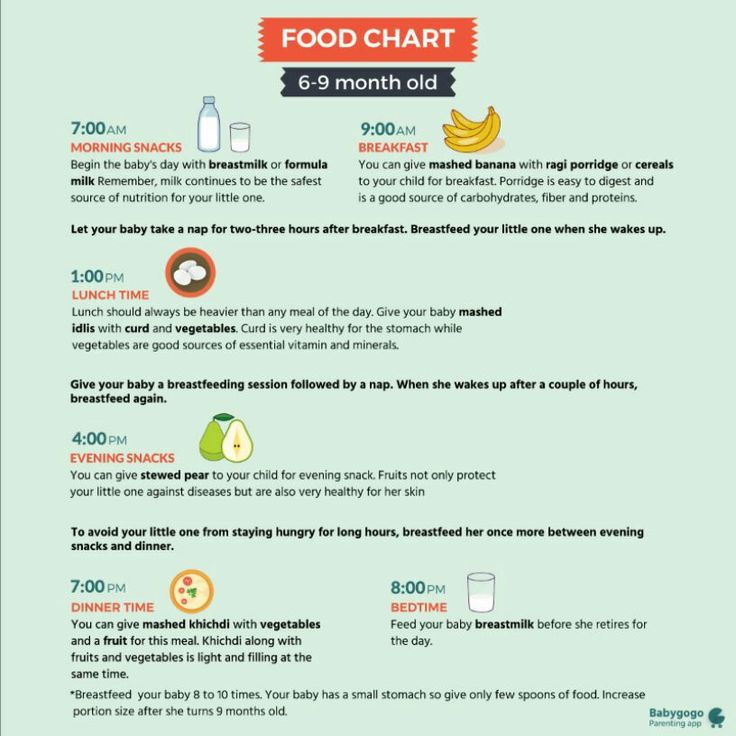 It is strongly not recommended to use compotes or juices, because the ultimate goal is a complete and painless rejection of night food. In addition, fruit drinking can cause flatulence and abdominal pain - not the most favorable factors for restful sleep. nine0003
It is strongly not recommended to use compotes or juices, because the ultimate goal is a complete and painless rejection of night food. In addition, fruit drinking can cause flatulence and abdominal pain - not the most favorable factors for restful sleep. nine0003
It is better to replace the traditional food at first with a well-diluted mixture, and then with clean water. At the same time, you need to try to slightly shift the period of falling asleep and provide the child with peace and a hearty dinner before going to bed. During the gradual transition to a new way of life, it is not necessary to immediately offer a diluted mixture to the awakened baby at night, it is better to try to calm him down in a different way - caress, rock him. And since night meals a priori will cease to be delicious food, the child himself will gradually forget about it, but the wise human body will be rebuilt anyway. nine0003
Up to what age can a child be fed formula milk
— Polina Alexandrovna, up to what age can a child be given powdered milk formula?
— If breastfeeding is not possible, then formula is the best feeding option for the baby.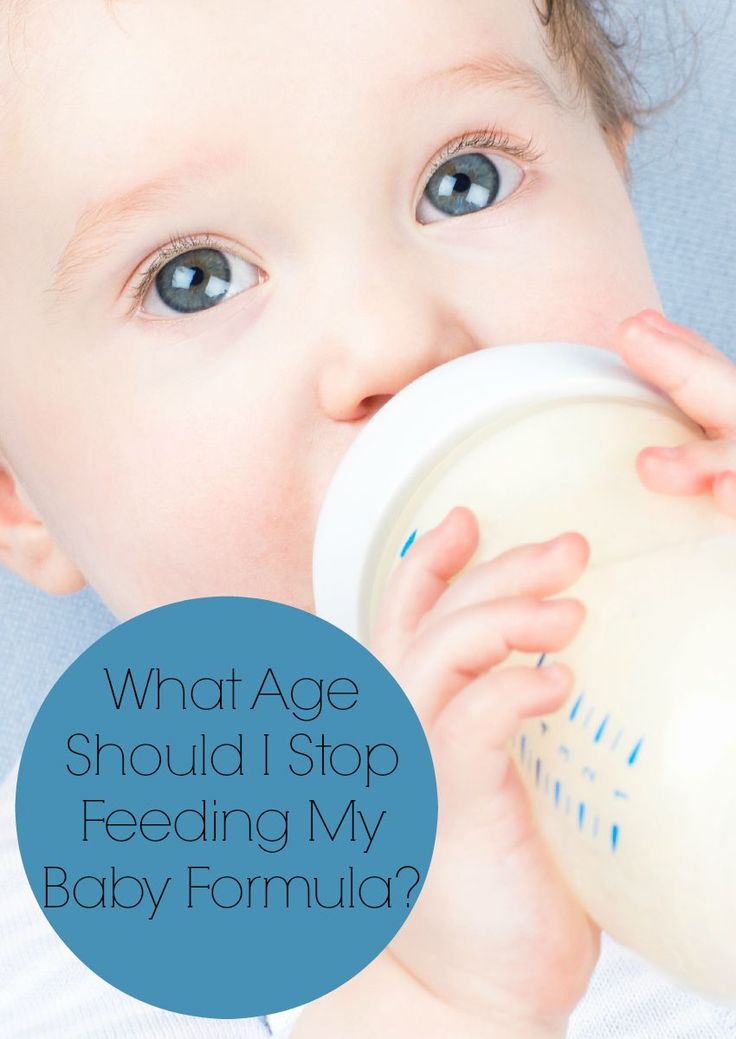 Often mothers are worried that the mixture is not useful enough, it can be harmful or dangerous. Of course, breast milk is the best food for a baby, but if it is not possible, then there is nothing wrong with the mixture, you should not worry. nine0003
Often mothers are worried that the mixture is not useful enough, it can be harmful or dangerous. Of course, breast milk is the best food for a baby, but if it is not possible, then there is nothing wrong with the mixture, you should not worry. nine0003
To begin with, I would like to say that there is no point in finishing formula feeding as soon as possible. There is no such clear boundary after which it is impossible to feed the baby with a mixture. Usually, the transition from the mixture occurs smoothly, each baby is different. The minimum age up to which it is desirable to feed with an adapted milk formula is 1 year, and then we look at the child.
— How should complementary foods be combined with formula feeding? For example, if a baby at seven months refuses the formula and at the same time eats complementary foods? Is this normal or should I try to keep formula feeding? nine0020
- I can't say this is normal. If you take a seven-month-old baby, then no matter what time they begin to introduce complementary foods, by this age he still receives a fairly limited set of products.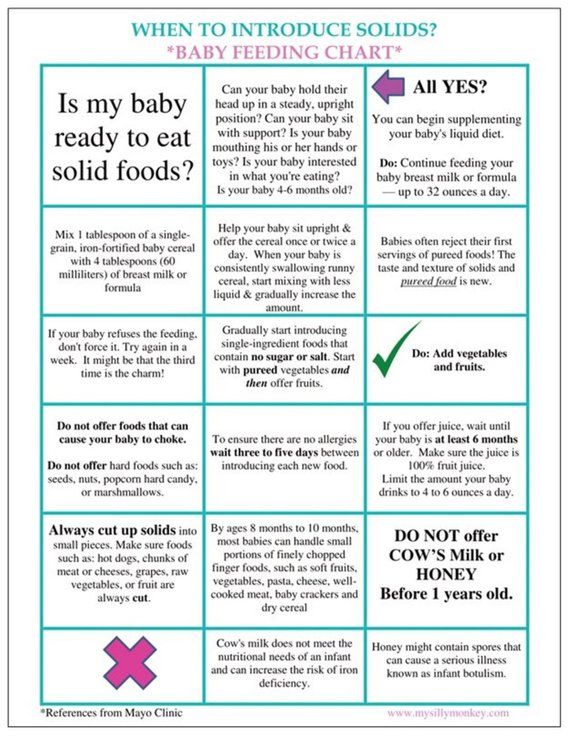 Therefore, it is impossible to fill all the needs of the child's body with the help of complementary foods. Complementary foods are an intermediate step in the transition to the "adult" table, and the baby still has to receive a huge amount of nutrients from breast milk or from formula. Therefore, I do not recommend removing formula from the child's diet at such an early age. nine0003
Therefore, it is impossible to fill all the needs of the child's body with the help of complementary foods. Complementary foods are an intermediate step in the transition to the "adult" table, and the baby still has to receive a huge amount of nutrients from breast milk or from formula. Therefore, I do not recommend removing formula from the child's diet at such an early age. nine0003
– Polina Alexandrovna, when can you switch from formula to kefir and yogurt and how will this affect the child’s digestion?
- By and large, this is not a transition. When we introduce fermented milk products - yogurt or kefir - into complementary foods, the baby usually still receives enough nutrition in the form of a mixture (2-3 feedings). And replacing them with yogurt or kefir would be completely wrong. Despite the fact that these are fermented milk products and some of the proteins in them have already been broken down by the bacteria that are contained there, the protein load remains quite large.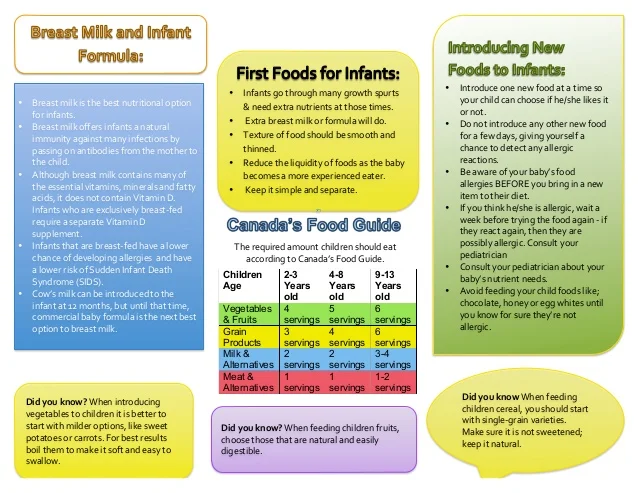 And at this age (they are introduced at about 8 months), it would be wrong to consider a fermented milk product several times a day as a complete source of nutrition. It is better to introduce dairy products into the child's diet as one of the additional types of complementary foods along with the milk mixture, which remains in the baby's diet for up to a year. And it is advisable to start not with kefir, but with yogurt - its acidity and composition will be more gentle for a small child. Kefir is better to enter by 9-10 months.
And at this age (they are introduced at about 8 months), it would be wrong to consider a fermented milk product several times a day as a complete source of nutrition. It is better to introduce dairy products into the child's diet as one of the additional types of complementary foods along with the milk mixture, which remains in the baby's diet for up to a year. And it is advisable to start not with kefir, but with yogurt - its acidity and composition will be more gentle for a small child. Kefir is better to enter by 9-10 months.
- Let's move on to the older kids. Why is it better for children from one year to use a mixture of the third formula, and not whole cow or goat milk?
-
The protein composition of cow's and goat's milk differs significantly from that of breast milk and adapted formulas based on cow's or goat's milk.
When a child consumes whole milk, there is a risk of getting an excess of proteins and microelements, which is not a very good factor - the child's body begins to intensively remove excess substances.
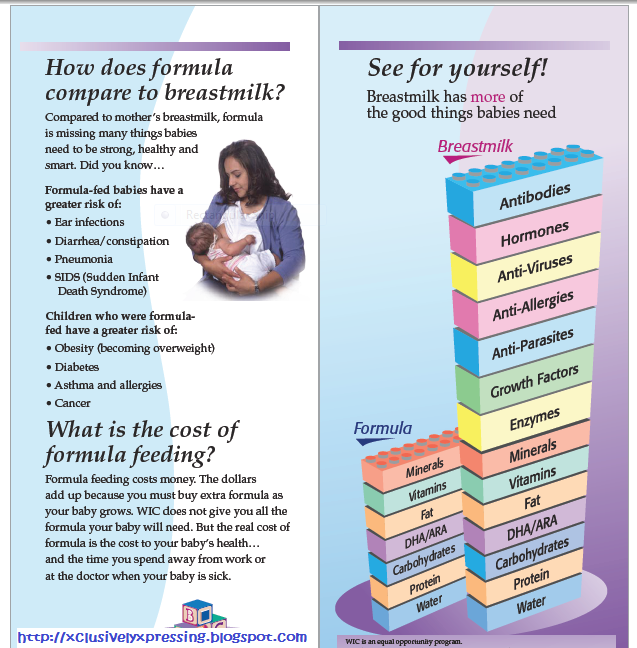 A very large load falls on the kidneys, there is a violation of their function. Microelements are also excreted, which are few, but the child still needs them. nine0003
A very large load falls on the kidneys, there is a violation of their function. Microelements are also excreted, which are few, but the child still needs them. nine0003 -
Whole cow's and goat's milk is rich in some elements and proteins, but contains quite little in others.
For example, cow's milk is not very rich in iron and goat's milk is not very rich in folic acid. There is an imbalance - the child receives an excess of some substances and at the same time does not receive others. Therefore, adapted milk mixtures are more relevant.
-
When buying whole cow's or goat's milk, you can't always be sure of the quality of the product. nine0046
Even when buying on the market in "verified places", no one will give you a guarantee that this milk is really good. No one will talk about how goats and cows are kept, how milk was stored. But when you buy formula milk, you can be sure of its quality - baby food is produced under very strict control.
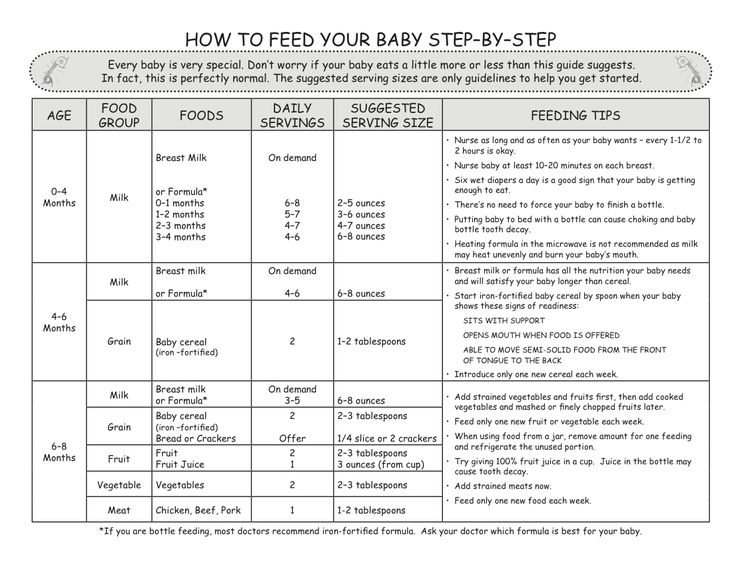
-
Proper use of the mixture reduces the risk of bacterial growth.
The undoubted convenience of mixtures is that they are usually sold in dry form and diluted immediately before use. Due to this, the risk of reproduction in the product of pathogenic bacteria, which lead to various problems of the baby's gastrointestinal tract, is reduced. nine0003
— When can a switch to pure cow's or goat's milk be recommended? It is believed that up to 3 years the child's digestive system does not tolerate them well.
- Yes, indeed, there is such an opinion. I completely agree with him and do not recommend transferring babies under three years old to adult goat or cow milk for the reasons indicated above. It must be understood that if proteins undigested by the baby are retained in the gastrointestinal tract, they remain in the intestinal lumen. And if these are proteins of the casein fraction, they can negatively affect it - irritate the intestinal walls and lead to discomfort.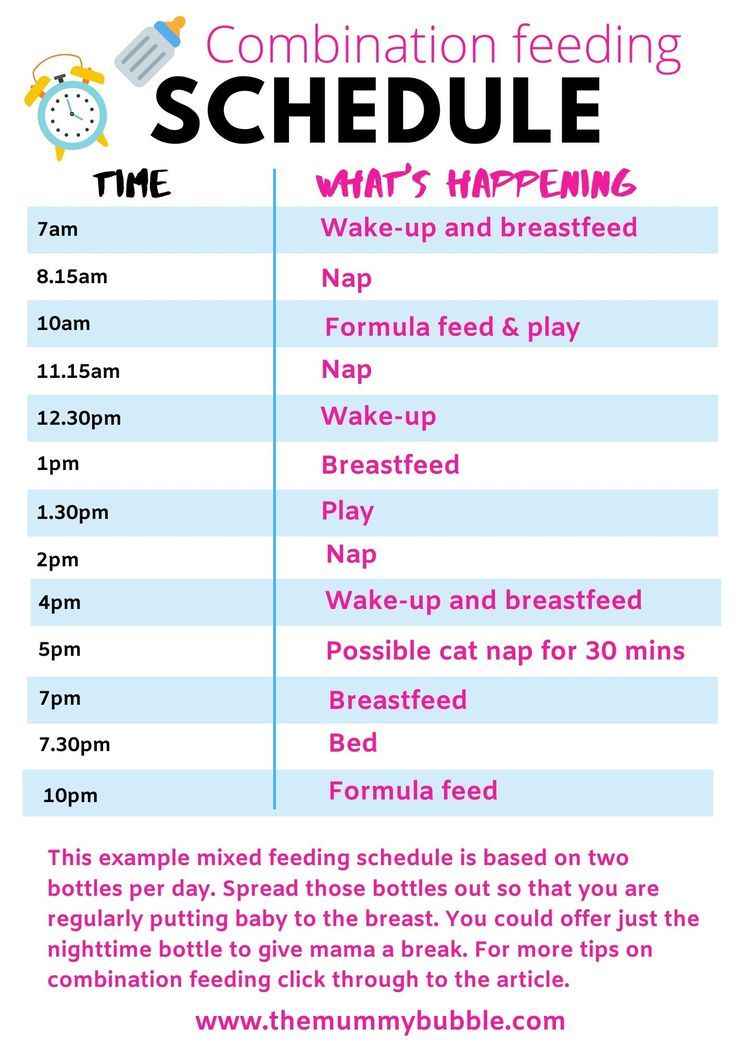 And large molecules that are not crushed by enzymes, but enter the bloodstream, can cause allergic reactions. nine0003
And large molecules that are not crushed by enzymes, but enter the bloodstream, can cause allergic reactions. nine0003
It is better not to risk and use those products that are recommended for babies under three years old, namely, special milk formulas. They are adapted to this age, fortified and contain the optimal ratio of proteins and microelements so that the baby gets what he needs, and at the same time does not eat anything extra.
- Is it true that “normal milk is not found now” and the mixture will be healthier for the baby?
— Yes, indeed, when we buy whole milk, it is not always possible to be sure that the milk is produced as they say. Infant formulas are produced under strict control, according to certain technologies. Therefore, of course, there is much more confidence in such products. nine0003
— Polina Alexandrovna, there is a myth that if you feed a baby with milk formula for a long time, he will not learn to chew properly. Is this true?
— There is some truth in this.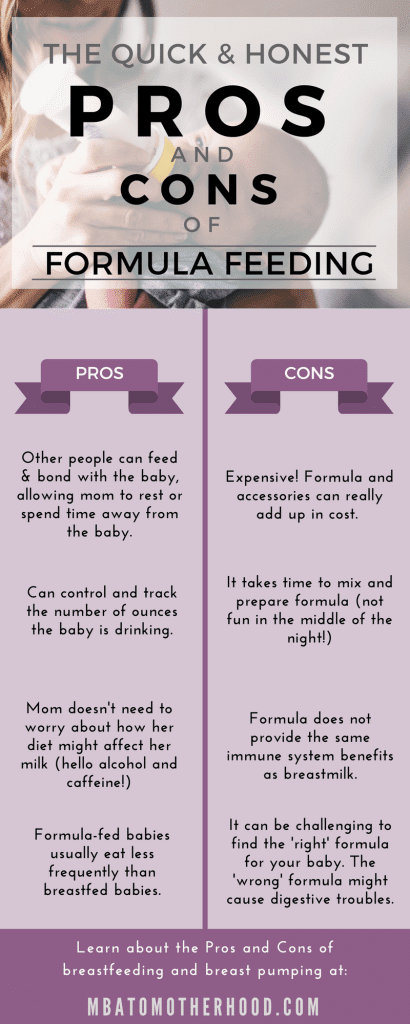 If we feed a child only formula and nothing else, then, of course, he will not learn to chew, because we do not offer him the kind of food that can be chewed. The baby will not learn to chew on its own without your help.
If we feed a child only formula and nothing else, then, of course, he will not learn to chew, because we do not offer him the kind of food that can be chewed. The baby will not learn to chew on its own without your help.
While formula feeding, we start the introduction of complementary foods with a homogeneous puree without pieces. There is nothing to chew there, but when the baby gets used to it, we gradually introduce food with small and soft pieces, then the pieces become larger and harder. And it is thanks to this that the child learns to chew. If, along with this food, the baby receives a milk formula, then, of course, he will not forget how to chew from what he eats from a bottle. Therefore, it is fundamentally important here not how long you feed the formula, but whether you offer the child pieces that he can learn to chew. nine0003
Read also
- about what foods to start feeding your baby with and how to combine complementary foods and artificial feeding
— If a child of more than two years old eats formula with pleasure, is it necessary to worry and limit it? Or will he eventually give up on her?
- There is definitely no need to worry, there is nothing wrong with that.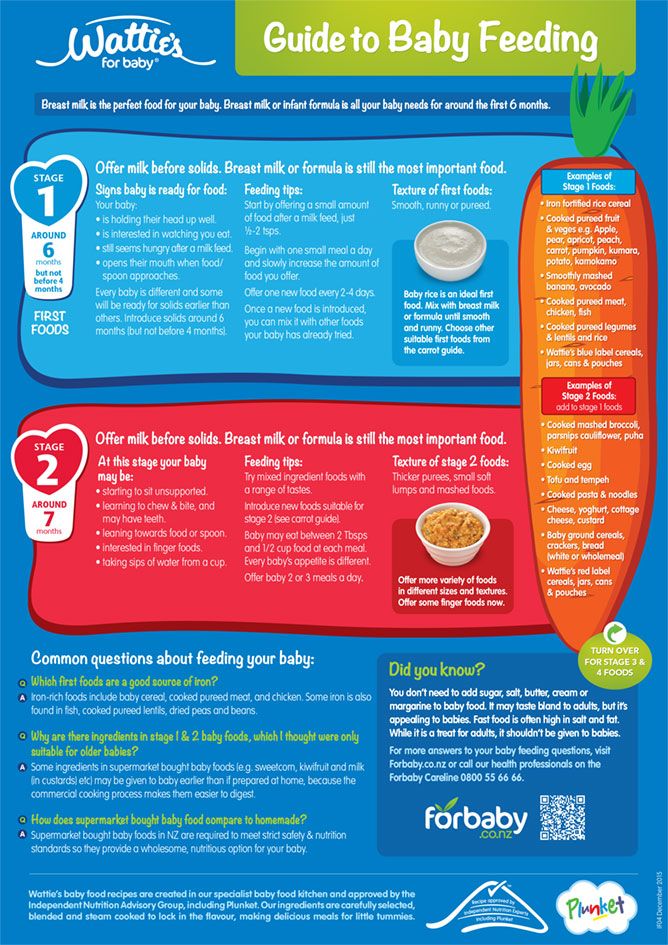 If a child receives a mixture adapted to his age (for two years this is the third stage), then, of course, this should not bother you. But you need to regulate the consumption of the mixture. nine0003
If a child receives a mixture adapted to his age (for two years this is the third stage), then, of course, this should not bother you. But you need to regulate the consumption of the mixture. nine0003
It is important to be aware that the mixture, although liquid, is a source of a huge amount of nutrients, it has a fairly high calorie content. So this is not a drink that can be consumed up to five times a day. Such a mixture can be equated with a meal and, accordingly, left or introduced into the child's diet adequately to his needs and age norms. A two-year-old child can be given formula for an afternoon snack instead of a dairy product. In this case, this is adequate nutrition adapted to the age of the baby, and he will only benefit from it. There will be harm if this product is abused. nine0003
— How many times a day should the child be fed the 3rd formula?
— Everything depends not only on the age of the child, but also on how much complementary foods he receives.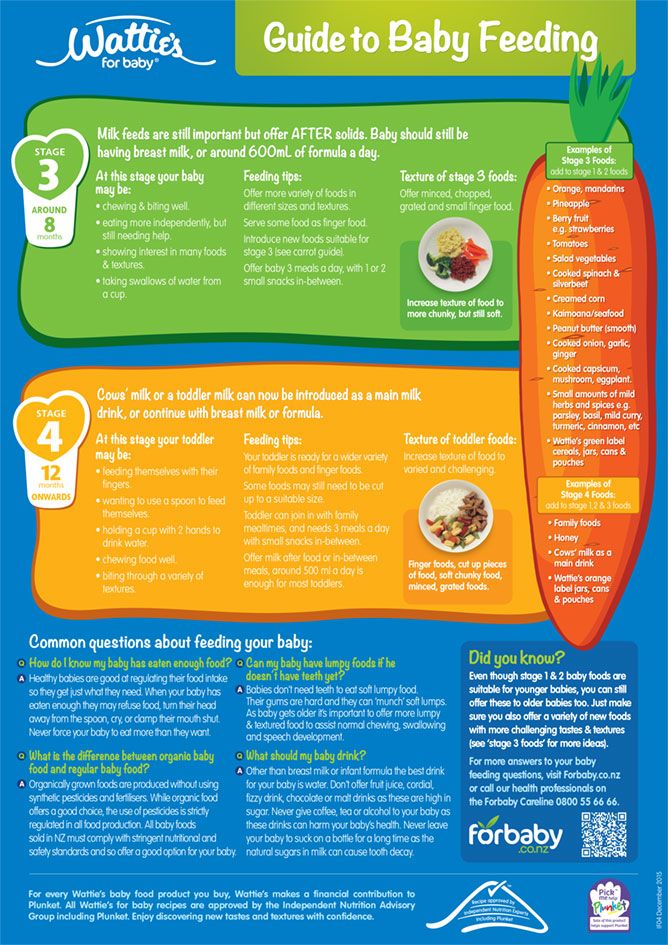
-
The child receives a sufficiently large amount of complementary foods.
He receives the main part of his food during the day from complementary foods, there is one milk feeding at night. In this case, we leave the mixture for night feeding.
-
The child is accustomed to getting formula for the afternoon snack. nine0046
It will not be a problem at all if he receives the mixture both day and night.
Always start from the needs of the child. For example, if the baby is one year old and he still has two or three milk feedings, then you do not need to strive to quickly get away from the mixture and reduce such feedings to a minimum. Do this when the child is comfortable. That is, there is no such thing that the mixture can be given only at night or only during the day.
- When does it come time to completely transfer the child to the "adult" table? How can a mother understand that the child’s body no longer needs the mixture and that he receives all the nutrients from other foods? nine0020
— You need to pay attention to a few things:
- consult a pediatrician who can take into account the characteristics of the child and focus on his opinion;
- it would be nice to count calories, proteins, fats and carbohydrates, although it is unlikely that mom will do this;
- analyze how the baby eats, how much food and nutrients he receives with complementary foods.
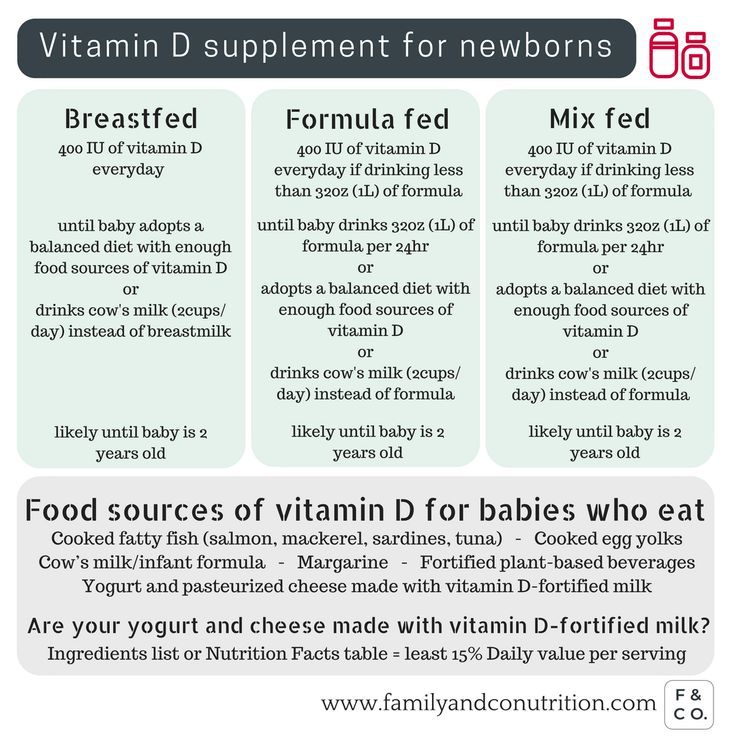
Based on this, we look at when to move away from formula. But if a 2.5-year-old child uses formula once a day and this is not another extra meal, but the same afternoon snack with fruit or cookies, then everything is quite adequate. nine0003
– Polina Alexandrovna, and at the end of the conversation: what is the use of MAMAKO ® Premium mixtures for children and up to what age should they be given?
-
Range 0 to 3 years
— First of all, I would like to note that MAMAKO ® has a specially adapted formula for each age. For babies in the first six months of life - 1, from six months to a year - 2, and for babies older than 1 year - adapted milk drinks marked 3. This, of course, is a big plus, because babies get what they need at each specific age. nine0003
-
Saturation of mixtures with useful components
- Secondly, the rich composition of the mixtures is a big plus. Every age child has different needs.
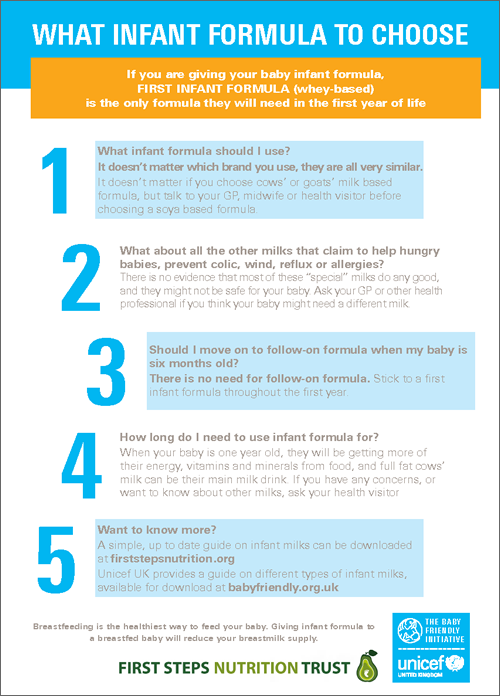 Dry infant formulas MAMAKO ® contain both a complex that supports the development of the nervous system, a complex that protects the eyes, and pre- and probiotics that promote comfortable digestion. Thanks to this enrichment, of course, this mixture is quite useful for the baby. nine0003
Dry infant formulas MAMAKO ® contain both a complex that supports the development of the nervous system, a complex that protects the eyes, and pre- and probiotics that promote comfortable digestion. Thanks to this enrichment, of course, this mixture is quite useful for the baby. nine0003 -
Adequate protein composition
- Thirdly, the protein composition of the mixtures is adapted to the specific age of the baby, which means there is no protein load on the kidneys.
-
Benefits of goat milk
- If we are talking about the basis of the mixture MAMAKO ® Premium - goat's milk, then, of course, it is more preferable for feeding babies than cow's milk. Goat milk proteins have a composition closer to breast milk proteins, and it is easier for a child to digest them than cow milk proteins. nine0003
There is no clear boundary when you need to remove the mixture from the child's diet.